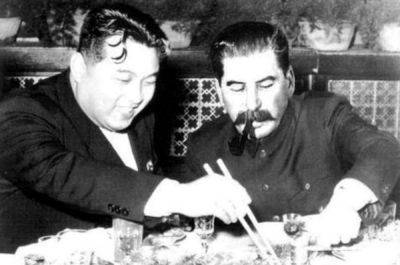Not clear Biden or Trump cognitively up for the job
Some Americans are questioning whether elderly people like Joe Biden and Donald Trump are cognitively competent to be president amid reports of the candidates mixing up names while speaking and having trouble recalling details of past personal events.
I believe these reports are clearly concerning. However, it’s problematic to evaluate the candidates’ cognition based only on the critiques that have gained traction in the popular press.
I’m a cognitive psychologist who studies decision-making and causal reasoning. I argue that it’s just as important to assess candidates on the cognitive capacities that are actually required for performing a complex leadership job such as the presidency.
Research shows that these capacities mainly involve decision-making skills grounded in extensive job-related knowledge and that the types of errors made by Biden and Trump do increase with age, but that doesn’t mean either candidate is unfit for office.
Intuitive vs. deliberative decision-making
There are two types of decision-making: intuitive and deliberative.
In intuitive decision-making, people quickly and easily recognize a complex situation and recall an effective solution from memory. For example, physicians’ knowledge of how diseases and symptoms are causally related allows them to quickly recognize a complex set of patient symptoms as matching a familiar disease stored in memory and then recall effective treatments.
A large body of research on fields from medicine to military leadership shows that it takes years – and often decades – of effortful deliberate practice in one’s field to build up the knowledge that allows effective intuitive decisions.
In contrast to the ease and speed of intuitive decisions, the most complex







